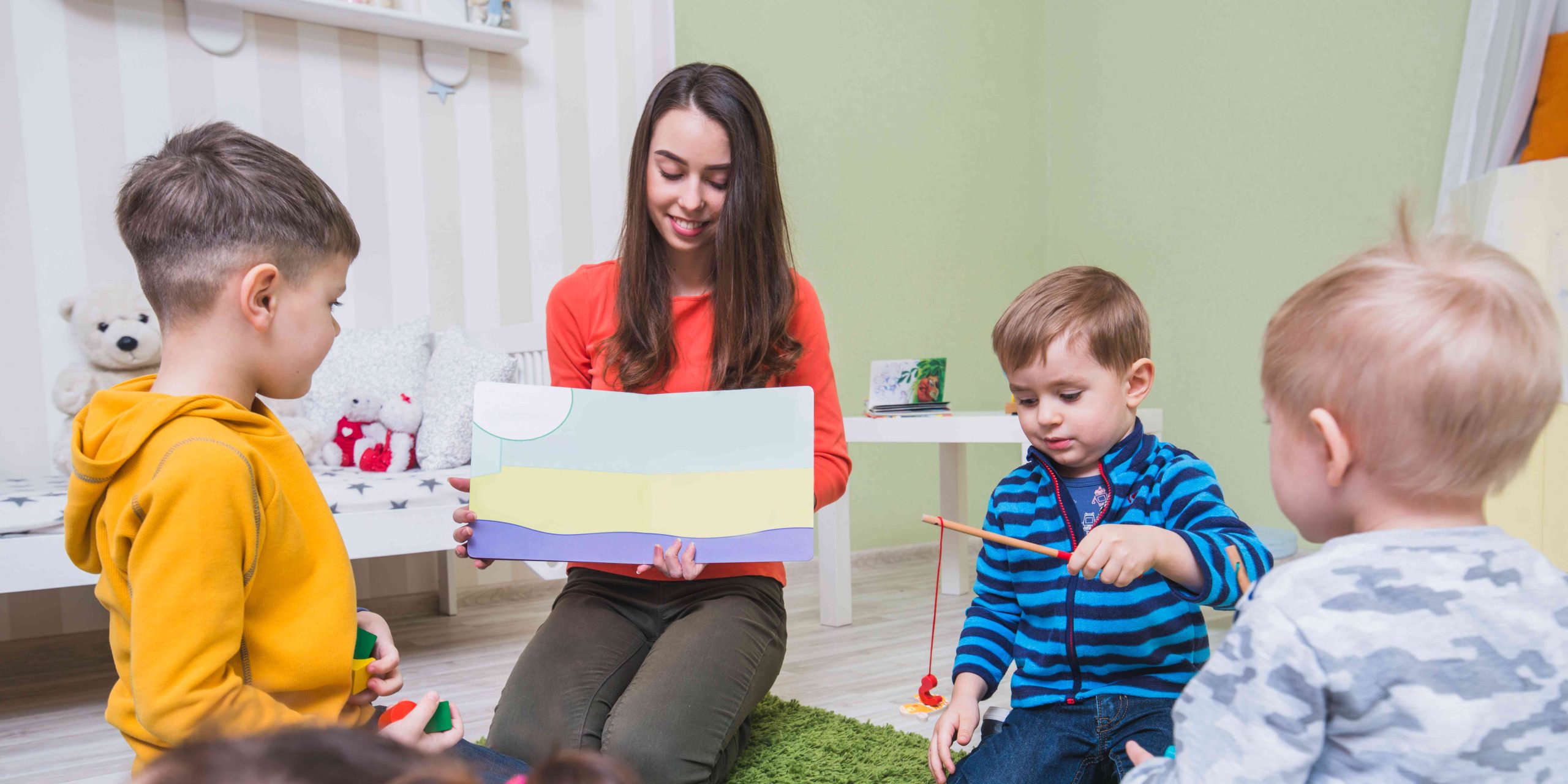
Nurturing a Well-Rounded Preschooler: A Holistic Approach to Early Childhood Development
As caregivers, parents, and educators, we strive to provide preschoolers with a nurturing environment that fosters their overall development. A well-rounded preschooler is one who excels not only academically but also socially, emotionally, physically, and creatively. This article explores the various dimensions of nurturing a well-rounded preschooler, highlighting key aspects that contribute to their holistic growth.
Cognitive Development:
Cognitive development lays the foundation for a preschooler’s intellectual growth and academic success. Here are important aspects to consider:
Social and Emotional Development:
Social and emotional development is crucial for preschoolers’ well-being and future relationships. Here are important aspects to consider:
Physical Development and Well-being:
Physical development is essential for preschoolers’ overall health and well-being. Here are important aspects to consider:
Creative Expression and Imagination:
Creative expression nurtures preschoolers’ imagination, self-expression, and problem-solving skills. Here are important aspects to consider:
Moral and Ethical Development:
Nurturing preschoolers’ moral and ethical development lays the foundation for their understanding of right and wrong. Here are important aspects to consider:
Cognitive Development:
Social and Emotional Development:
Physical Development and Well-being:
Creative Expression and Imagination:
Moral and Ethical Development:
Cultural Awareness and Diversity:
Nature and Environmental Stewardship:
Technology and Digital Literacy:
Mindfulness and Well-being:
Parental Engagement and Collaboration:


